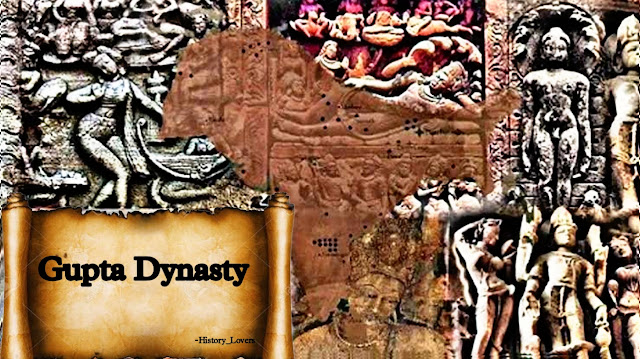The Salt March
The Salt March
 |
| Salt March |
Salt March is also known as the Dandi March, was a pivotal moment in India's struggle for independence from British colonial rule. This nonviolent civil disobedience movement led by Mahatma Gandhi in 1930 brought worldwide attention to the Indian independence movement and marked a turning point in India's fight for freedom. In this article, we will explore the history of the Salt March, its significance, and the impact it had on India's journey towards independence.
Background
India was a British colony for nearly 200 years before gaining independence in 1947. The British had imposed several oppressive laws and policies on the Indian population, such as the salt tax. The British had a monopoly on salt production and distribution, and Indians were not allowed to produce or sell salt themselves. They were forced to buy it at an exorbitant price, which made it an essential commodity out of reach for the poor.
Mahatma Gandhi, the leader of the Indian independence movement, had been advocating for civil disobedience as a means of protesting against British rule. He believed that non-violent resistance was the most effective way to achieve independence for India. In 1930, he decided to lead a march to break the salt tax law and to protest against the British monopoly on salt production.
The Salt March
On March 12, 1930, Mahatma Gandhi set out on foot from his ashram in Sabarmati, Gujarat, with a small group of followers. The marchers walked for 24 days, covering a distance of 240 miles, and arrived in the coastal town of Dandi on April 6. Along the way, the marchers were joined by thousands of supporters, and the Salt March became a symbol of the Indian independence movement.
On April 6, 1930, Gandhi and his followers reached the sea at Dandi, and he proceeded to break the salt law by picking up a handful of salt from the beach. This act of civil disobedience was a direct challenge to the British government's authority in India. The Salt March had succeeded in drawing global attention to the Indian independence movement.
Consequences
The Salt March had a significant impact on the Indian independence movement. It galvanized the Indian population and brought the issue of Indian independence to the forefront of the global consciousness. The British government's brutal response to the peaceful protest, including the arrest of Gandhi and other leaders, further increased public sympathy for the Indian independence movement.
The Salt March also led to the launch of the Civil Disobedience Movement, a nationwide campaign of nonviolent resistance against British rule. The movement included acts of nonviolent resistance such as boycotts of British goods, strikes, and protests. This movement led to the mass participation of the Indian population in the struggle for independence.
The British government's response to the Civil Disobedience Movement was brutal, and many Indians were arrested and imprisoned. However, the movement had succeeded in creating a sense of unity among the Indian population and increasing their resolve to achieve independence.
Significance
The Salt March was a significant moment in India's journey towards independence. It marked a turning point in the Indian independence movement and brought the issue of Indian independence to the forefront of the global consciousness. The Salt March showed that nonviolent resistance could be an effective means of achieving political change and inspired other civil rights movements around the world, including the American Civil Rights Movement.
The Salt March was also significant in that it united Indians across all social and economic classes. The Salt March was a symbol of India's struggle for independence, and it became a rallying cry for all Indians who wanted to be free from British rule.
Conclusion
The Salt March was a pivotal moment in India's struggle for independence from British colonial rule. Mahatma Gandhi's decision to lead a march to break the salt tax law.



